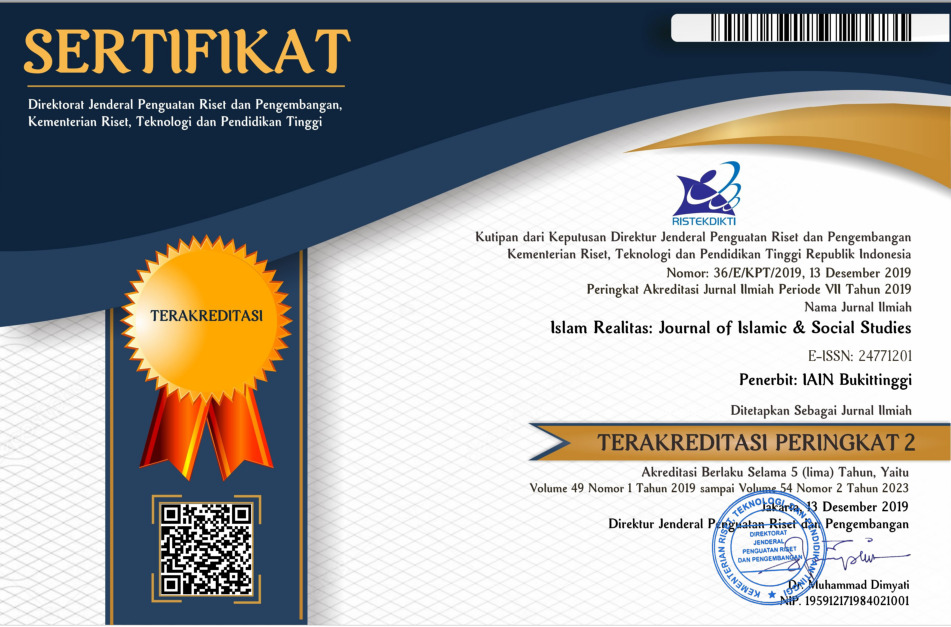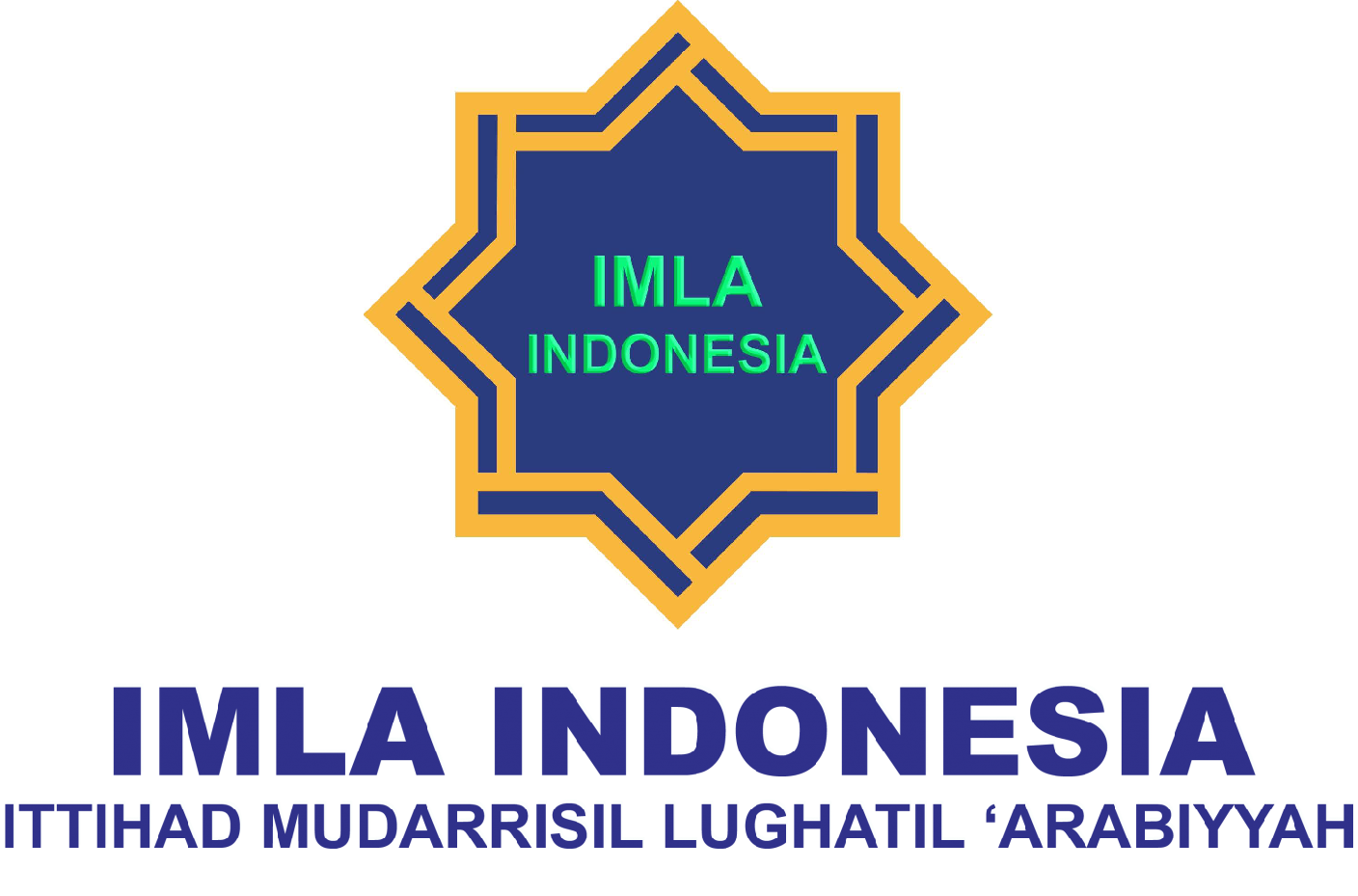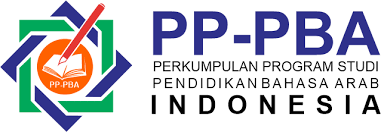The Deviation Translate of Dutch Translation of the Quran “De Deilige Qoer-an”
Authors :
Abstract
The Al-Quran translated by De Heilige Qoer-an (DHQ) was a translation of the Qur'an from The Holy Quran, by Maulana Muhammad Ali, the leader and founder of the Ahmadiyya Lahore. The translation of prophetic and miraculous verses shows the occurrence of translation deviations.. This article aims to show the forms of deviations in the translation and interpretation of De Heilige Qoer-an, the factors and the impact of deviations in translation on the context of the meaning of the Qur'an. Material object: in the form of translations of prophetic verses and miraculous verses from the Dutch translation of the Qur'an De Heilige Qoer-an. This research has used a qualitative descriptive approach. The method of data collection is by identifying prophetic verses and miracles of the apostles. Identification is done by comparing the Dutch translation of the Koran with the Indonesian translation of the Koran by H. Fachruddin HS H. Zainuddin Hamidy (1962). Content analysis has been used for data analysis. The translation deviation in DHQ is more caused by lexical translation and the ideology of the translator who translates the Qur'an rationally. The translation of the Qur'anic text based on the translator's ideology has shown a contrast in meaning with the text that corroborates the events of the prophets. Thestudy provided a new point of view in looking at deviations in the translation of the Qur'anic text, because the existence of text references in other holy books can be a factor causing translation deviations.
القرآن الذي كان ترجمته ب De Heilige Qoer-an (DHQ) هو ترجمة للقرآن الكريم الذي كتبه مولانا محمد علي، زعيم ومؤسس الأحمدية لاهور. تظهر ترجمة الآيات النبوية والمعجزية حدوث انحرافات في الترجمة. تهدف هذه المقالة إلى إظهار أشكال الانحرافات في ترجمة وتفسيرDHQ ، وعوامل وتأثير الانحرافات في الترجمة على سياق ترجمة معنى القرآن. مادة البحث: في شكل ترجمات للآيات النبوية والآيات الإعجازية من الترجمة الهولندية للقرآن DHQ، استخدم هذا البحث المنهج الوصفي النوعي. طريقة جمع البيانات هي تحديد الآيات النبوية ومعجزات الرسل. يتم تحديد الهوية من خلال مقارنة الترجمة الهولندية للقرآن بالترجمة الإندونيسية للقرآن بقلم فخر الدين، زين الدين حميد (1962). تم استخدام تحليل المحتوى لتحليل البيانات. إن انحراف الترجمة في DHQ ناتج بشكل أكبر عن الترجمة المعجمية و أيديولوجية المترجم الذي يترجم القرآن بشكل عقلاني. أظهرت ترجمة النص القرآني المستندة إلى أيديولوجية المترجم تباينًا في المعنى مع النص الذي يدعم أحداث الأنبياء. قدم هذا البحث وجهة نظر جديدة في النظر في الانحرافات في ترجمة النص القرآني، لأن وجود مراجع نصية في الكتب المقدسة الأخرى يمكن أن يكون عاملاً يسبب انحرافات الترجمة.
Keywords
Full Text:
PDFDOI (PDF): http://dx.doi.org/10.30983/huruf.v2i2.5620.g1392
References
Amrin Amrin, Muhammad Amri, And Andi Aderus, ‘Komparasi Pemikiran Ahlu Sunnah Dan Ahmadiyah Tentang Konsep Khatam Al-Nabiyyin Dan Implikasinya Terhadap Pemikiran Islam Modern. Sulesana: Jurnal Wawasan Keislaman’, Sulesana: Jurnal Wawasan Keislaman, 15 (2) (2021)
Appleman, Richard Beachand Deborah, ‘Chapter V: Reading Strategies for Expository and Literary Text Types.’ (Teachers College Record, 1984)
Balemberg, Alissander, ‘Mossop’s Revision Parameters as Analytical Categories in the Analysis of a Song of Ice and Fire in Brazil.’ (Florianópolis: Lincoln P Fernandes, 2014)
Barthes, Roland, ‘Histoire et Sociologie Du Vêtement: Quelques Observations Méthodologiques’ (Cambridge: Cambridge University Press, 1957)
Bernaerts, Jonathan, ‘Translation in Administrative Interactions’ (Translation, Interpreting and Transfer, 2021)
Brack, Jonathan, ‘A Mongol Mahdi in Medieval Anatolia: Rebellion, Reform, and Divine Right in the Post-Mongol Islamic World.’, Journal of the American Oriental Society, 139 (3) (2019)
Bruinhorst, Gerard C Van De, ‘Changing Criticism of Swahili Qur’an Translations: The Three “Rods of Moses.”’, Journal of Qur’anic Studies, 15(3) (2013)
Bustam, Betty Mauli Rosa, Rika Astari, ‘A Semantic Analysis Of Difference Lexical Choices In Quran Translation Of Indonesian And Dutch Versions.’, Arabiyat: Jurnal Pendidikan Bahasa Arab Dan Kebahasaaraban, 6 (2) (2019)
———, ‘Meaning Differences Between Two Quran Translation In Activism Era In Indonesia (Ideology In Translation Analysis)’, Analisa: Journal of Social Science and Religion, 3 (1) (2018)
Chaume, Frederic, ‘Audiovisual Translation: Dubbing’ (Routledge, 2020)
Cockton, Gilbert and Alan Woolrych, ‘Understanding Inspection Methods: Lessons from an Assessment of Heuristic Evaluation. People and Computers XV—Interaction without Frontiers.’ (Springer, London, 2001)
Douglas Robinson, ‘No TitleWhat Kind of Literature Is a Literary Translation? Target.’, International Journal of Translation Studies, 29 (3) (2017)
Esselink, Bert, ‘The Evolution of Localization. The Guide from Multilingual Computing & Technology’, 2003
F, Paul Bandia, ‘Postcolonialism and Translation: The Dialectic between Theory and Practice.’ (Linguistica Antverpiensia, New Series–Themes in Translation Studies 2, 2003)
Fadhliati, ‘Designing a Website Based Aceh Translation Application Using Rule-Based.’, International Journal Education and Computer Studies (IJECS), 1 (1) (2021)
G, Awadh Ba-awaidhan, ‘Cycles of Conceptualization and Reconceptualization in Translating Figurative Language. Cultural Conceptualizations in Translation and Language Applications.’ (Springer, Cham, 2020)
Geoffroy, Eric, ‘Introduction to Sufism: The Inner Path of Islam.’ (World Wisdom., 2010)
Guío Acosta, Gustavo Andrés., ‘Analysis of Revisers’ Choices and Plans on Legal and Technical Sworn Translation: Commentaries on the Revision of Content Translated During a Translation Internship.’, 2021
Hawamdeh, Mohammad Amin, and Kais Amer Kadhim., ‘Parenthetical Cohesive Explicitness: A Linguistic Approach for a Modified Translation of the Quranic Text.’, International Journal of Applied Linguistics and English Literature, 4 (5) (2015)
Hoed, Beny, Penerjemahan Dan Kebudayaan (Jakarta: Pustaka Jaya, 2003)
Ichwan, Moch Nur, ‘Differing Responses to an Ahmadi Translation and Exegesis. The Holy Qur’ân in Egypt and Indonesia.’, Archipel, 62 (2001)
Karoubi, Behrouz, ‘Ideology and Translation with a Concluding Point on Translation Teaching.’, 2005
Kettunen, Jaana, ‘Interlingual Translation of the International Financial Reporting Standards as Institutional Work. Accounting, Organizations and Society’, 2017
Lawrence Venuti, Ed, ‘Rethinking Translation: Discourse, Subjectivity, Ideology (Vol. 2)’ (Routledge, 2018)
Marzia Balzani, ‘Ahmadiyya Islam and the Muslim Diaspora: Living at the End of Days.’ (Routledge, 2020)
Matthias J. Reddehase, and Niels AW Lemmermann, ‘Mouse Model of Cytomegalovirus Disease and Immunotherapy in the Immunocompromised Host: Predictions for Medical Translation That Survived the “Test of Time.”’ (Viruses, 10(12), 2018)
Mietzner, Marcus, and Burhanuddin Muhtadi, ‘The Myth of Pluralism.’ (Contemporary Southeast Asia, 2020)
Miquel, Julia Aguilar, ‘Barcelona Quiricum Message to the Bishop of the" y" Epigramma Subsequent Work" out of the Tajo de Zaragoza. Case, Edition, Critics and Translation’ (Euphrosyne-Revista de Filologia Classica, 2018)
Mudzakkir, Amin, ‘Minoritisasi Ahmadiyah Di Indonesia’ (Masyarakat Indonesia, 2011)
Myskja, Kjetil, ‘Foreignisation and Resistance: Lawrence Venuti and His Critics’, Nordic Journal of English Studies, 12 (2) (2013)
Newmark, Peter, ‘About Translation (Vol. 74). Multilingual Matters.’ (Multilingual matters, 1991)
Nord, Christiane, ‘Text Analysis in Translation: Theory, Methodology, and Didactic Application of a Model for Translation-Oriented Text Analysis.’ (Rodopi, 2005)
O’Brien, Sharon, ‘Translation Technology and Disaster Management’ (Routledge, 2019)
O’hagan, Minako, ‘Evolution of User-Generated Translation: Fansubs, Translation Hacking and Crowdsourcing.’, The Journal of Internationalization and Localization, 1 (2009)
Ramadhan, Tri, ‘The Polemic of Ahmadiyah Community Existence in Tasikmalaya City, Indonesia: Case Study of Religious Freedom Conflict.’, 2021
Regina G. Lawrence, Damian Radcliffe, and Thomas R. Schmidt, ‘Practicing Engagement: Participatory Journalism in the Web 2.0 Era.’, Journalism Practice, 12 (10) (2018)
Rhodes, Katharina Reiss and Erroll F., ‘Translation Criticism–the Potentials and Limitations: Categories and Criteria for Translation Quality Assessment.’ (Routledge, 2014)
Scott, Juliette R, ‘Legal Translation Outsourced’ (Oxford Studies in Language, 2019)
Triyono, Mia Rahmannia and Sulis, ‘A Study of Google Translate Translations: An Error Analysis of Indonesian-to-English Texts.’, International Journal of Linguistics, Literature and Translation (IJLLT), 2 (3) (2019)
Try Ulva Yeni, and Havid Ardi, ‘Need Analysis of Text for Translation Material in Universitas Negeri Padang.’, Proceedings of the Ninth International Conference on Language and Arts (ICLA 2020), 2021
Upal, Muhammad Afzal, ‘Moderate Fundamentalists: The Ahmadiyya Muslim Jama’at in the Lens of Cognitive Science of Religion.’ (De Gruyter, 2017)
Viorica Marian, et al, ‘Spoken Words Activate Native and Non-Native Letter-to-Sound Mappings: Evidence from Eye Tracking. Brain and Language’, 2021
Wayan Suryasa, et al, ‘Translation of Krsna Text and Ideology.’, International Journal of Social Sciences and Humanities, 3(1) (2019)
Yazar, Nurullah, ‘Ayet ve Hadislerin Siyasi Kavramların Açıklanmasındaki Önemi: Siyasetnâmelerden Yansımalar.’, Cumhuriyet İlahiyat Dergisi, 23 (2) (2019)
Yusroh, Rika Astari, and Arif Rahman, ‘Affecting Factors Differences Between the Quran Translations (Soedewo and Mahmud Yunus’ Versions)’, HIKMATUNA, 4 (1) (2018)
Zaki Sleiman, et al, ‘Fertility Preservation in Benign Gynecological Diseases: Current Approaches and Future Perspectives.’, Journal of Reproduction & Infertility, 20(4) (2019)
DOI: http://dx.doi.org/10.30983/huruf.v2i2.5620
DOI (PDF): http://dx.doi.org/10.30983/huruf.v2i2.5620.g1392
Refbacks
- There are currently no refbacks.
Copyright (c) 2022 Rika Astari, Yusroh Yusroh, Muhammad Irfan Faturrahman

This work is licensed under a Creative Commons Attribution-ShareAlike 4.0 International License.




HuRuf Journal : International Journal of Arabic Applied Linguistic
Licensed Under a Creative Commons Attribution-ShareAlike 4.0 International License




